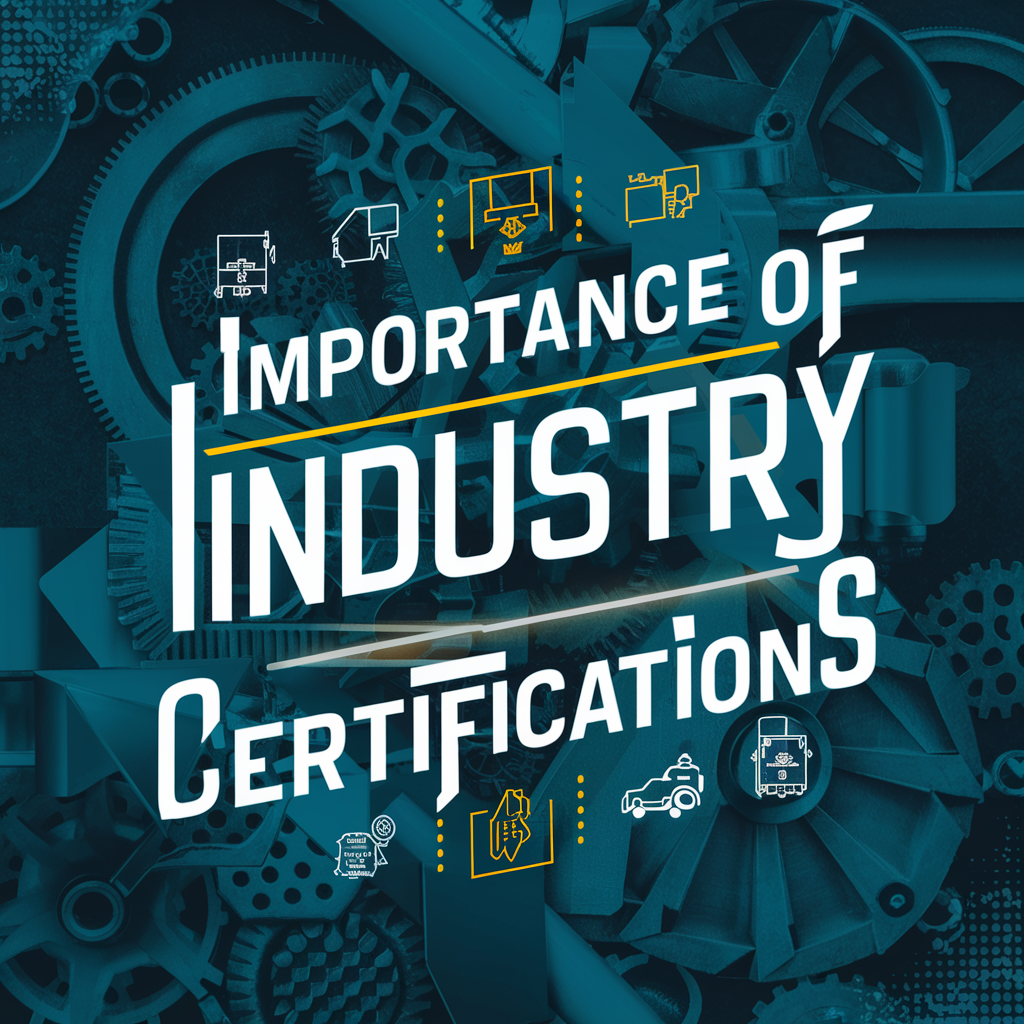The world is becoming increasingly linked. Today, customers are often digitally connected directly to product importers and even manufacturers through online shopping platforms. However, many service industries continue to rely on knowledgeable intermediaries for marketing and sales. A good example of this is the travel industry, where travel agents are still indispensable even for powerhouse providers such as major cruise lines and amusement parks.
So, knowing that the need for travel agents from Boardwalk Travel Agency is still there, is this a business you want to get into? If yes, you should realize at the outset that a love for travel and a passion for helping people is not enough. These qualities, combined with good people skills, are just the beginning. You will also need to learn an array of industry-specific knowledge and skills to be successful in the long run. Industry certifications can play a pivotal role in early education and training needed. So, let’s dive into ‘how do I become a travel agent”
The Nuts and Bolts of Travel Agent Certifications
Travel agent certifications are effectively voluntary, meaning that they are not legally required. However, some states do require some form of registration to be a travel agent. This usually just involves filling out a form and paying a fee but may also involve proof of insurance requirements and/or a performance bond. There is a specific kind of liability insurance for travel agents called errors and omissions insurance, which protects agents against claims of professional negligence.
But just because travel agents are not required by law to be certified, that doesn’t mean certifications don’t have their function. From a sales and marketing perspective, consumers assign more credibility and trust to travel agents with one or more certifications. The organizations that provide the training and subsequent certifications often have eligibility requirements and final examinations for their courses, so it is far from a rubber-stamp kind of process.
Selecting the Right Certification
There are numerous organizations offering many certifications, so do your research before selecting. Common certifications include the Travel Institute’s Certified Travel Associate (CTA) and Certified Travel Counselor (CTC) endorsements, and there are also destination-specific certifications offered by local tourism boards, hotel chains, and theme parks. The International Air Transport Association (IATA) certification is an extremely important one, because it is through this agency that travel agents receive their IATA number. Companies around the world use IATA numbers (formally called the IATA Numeric Code) for travel bookings. If you do not receive an IATA number through their certification program, you will need to work with a travel agent host agency and use theirs. That is not a terrible thing – it is very common for people working independently in the travel industry to partner with a host agency, especially in the first year or two. If you go this route, remember that finding a good host agency is just as important as getting the right certifications.
To sum up, industry certifications can be instrumental for newcomers to this dynamic occupation. Combined with the dedication and hard work needed to get started in any business, the right certifications and the knowledge they give will set you up for success.






